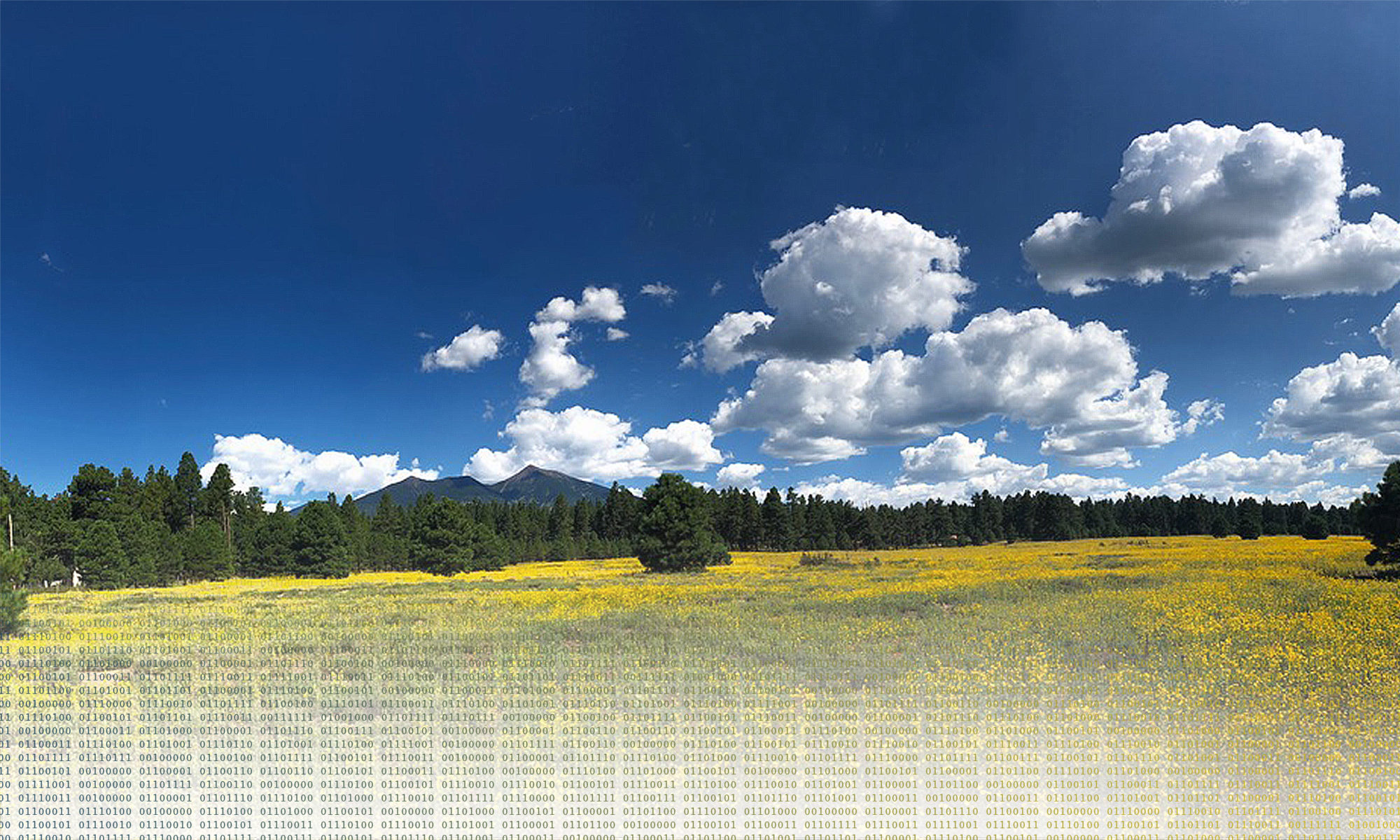Biodiversity Patterns in Complex Landscapes. Dr. Jelena H. Pantel is currently a Professor of Ecological Modelling at the University of Duisburg-Essen (Germany). Her research focuses on the impacts of phenotypic variation and evolution for community ecological processes. The goal of her research is (i) to develop and test models that can help understand and predict observed patterns of biodiversity in freshwater organisms and (ii) determine how evolution influences the assembly of communities and metacommunity dynamics of interacting species. She has previously worked as a postdoctoral researcher at CEFE (Centre d’Ecologie fonctionelle et Evolutive, CNRS) in Montpellier, France, University of Leuven (Belgium), and The University of Illinois at Urbana-Champaign (United States), and received her graduate training at The University of Texas at Austin (United States).
My seminar will cover two topics, both broadly focused on understanding biodiversity patterns in spatially complex landscapes. First, I will share results from a recent study to determine the extinction / persistence fate of 27 species of freshwater snails on the island of Guadeloupe (Pantel et al. 2022). We fit data from a 15-year survey of ~300 freshwater ponds to a Levins metapopulation model, which allowed us to generate extinction / persistence expectations for each snail, to predict an expected time until extinction, and also to identify uncolonized sites that may serve as future sources or sinks for expanding populations.
Second, I will share recent work studying eco-evolutionary dynamics in communities of organisms that compete for shared resources (Fielding & Pantel 2020). I developed a simulation model that explores how spatial structure and competition impacted organisms’ ability to adaptively respond to a changing environment. We observed that dispersal of competitors can actually increase the speed of local adaptation to a changing environment, when selection towards the changing environment and towards decreasing niche overlap were in the same direction.
Finally, I will discuss briefly some recent research with an overall goal of measuring the impacts of evolution and eco-evolutionary feedbacks (where evolving traits impact species abundances, and these shifts in abundances impact trait evolution, which continues to alter abundances in an on-going process) for community assembly and species distribution patterns. This work is ongoing, but I will be interested to share some preliminary results with the audience.

